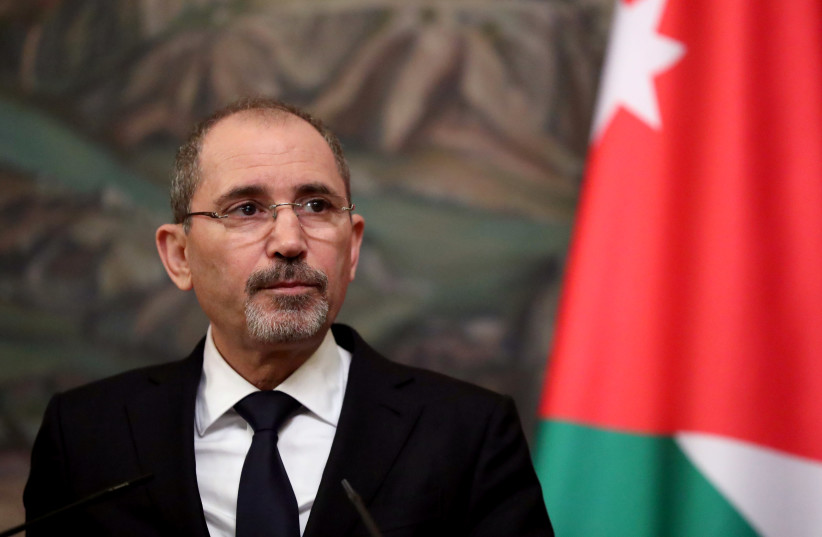WASHINGTON – Jordanian deputy prime minister and foreign minister Ayman Safadi participated at a virtual event at the Brookings Institute on Thursday and addressed a series of regional issues, including the Israeli-Palestinian conflict.
Speaking about the US-Jordan relationship, Safadi said Jordan appreciates the positions the Biden administration has taken regarding the two-state solution, the settlements and the decision to restore funding for UNRWA.
“We cannot just rely solely on the US to come and do everything for us,” said Safadi. “We have to do the heavy lifting in the region ourselves, and we have to engage in two-way traffic whereby we do what we have to do, and the US is there to support and come up with ideas.
“On top of our agenda here is the Palestinian-Israeli conflict,” he continued. “We’re all keen on maintaining the calm. We are all keen on stabilizing the situation. But I think it is imperative to say that maintaining this calm is going to need measures that go beyond addressing the immediate needs and the immediate challenges on the ground, to creating a political horizon that would revitalize efforts to achieve just and lasting peace. That is a strategic choice for Jordan. And that is an objective for which Jordan has continued to work and dedicate all resources over decades.
“We have to move quickly,” said Safadi. “We cannot take the current calm for granted. Something’s got to give. And that means basically bringing the parties back to the negotiation table with a view to moving toward the two-state solution, which for us and Jordan is the only path toward achieving that peace. Ultimately Middle East peace cannot jump over the core issue, which is the Palestinian-Israeli issue.”

Speaking on Jordan’s relationship with the new Israeli government, he said, “Obviously, we have our agreements and we have our disagreements, but we do talk. We are engaging and we’re engaging from a point of departure that we want to be able to contribute to an ecosystem that would allow all of us in the region to move forward again with the peace process, because the more progress you make with the peace process, the better the chances for all of us to come together and address many other challenges, including the challenge of the shortage of water, climate and other issues.”
